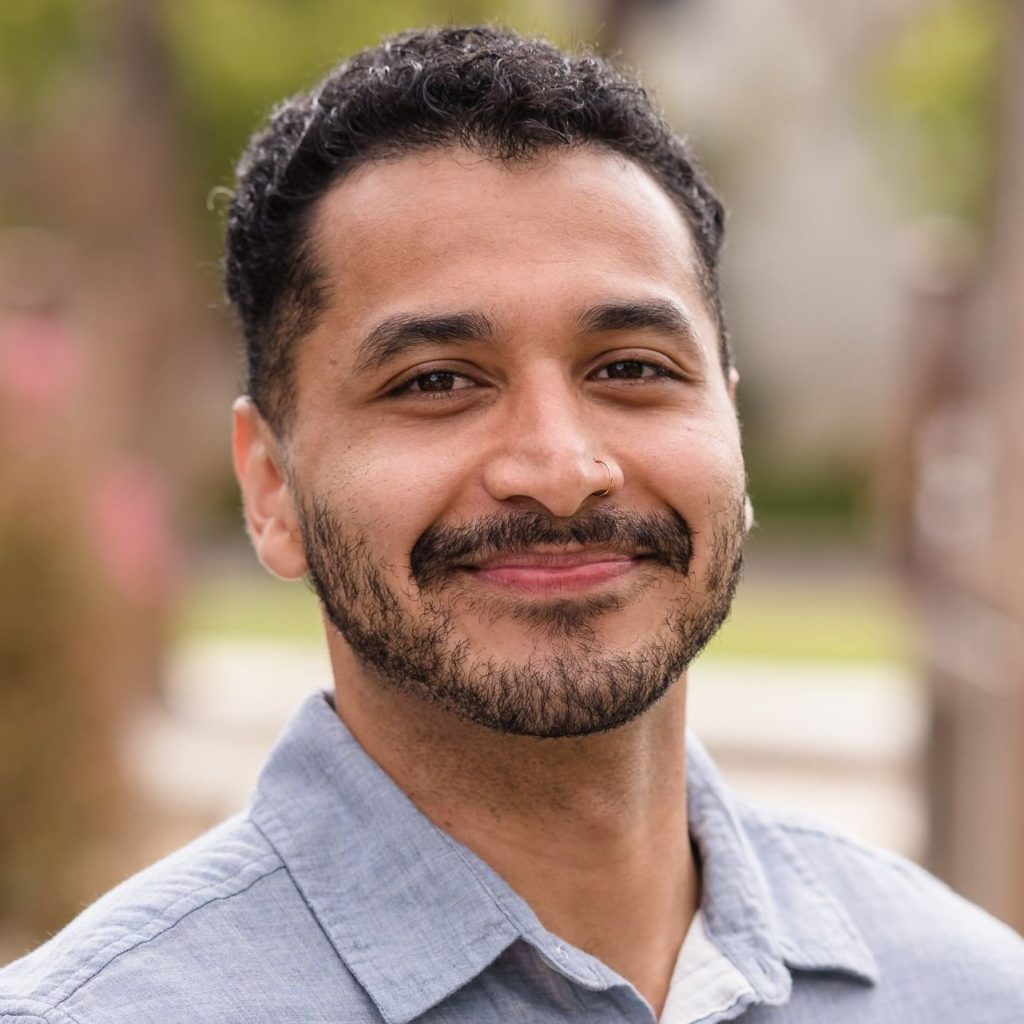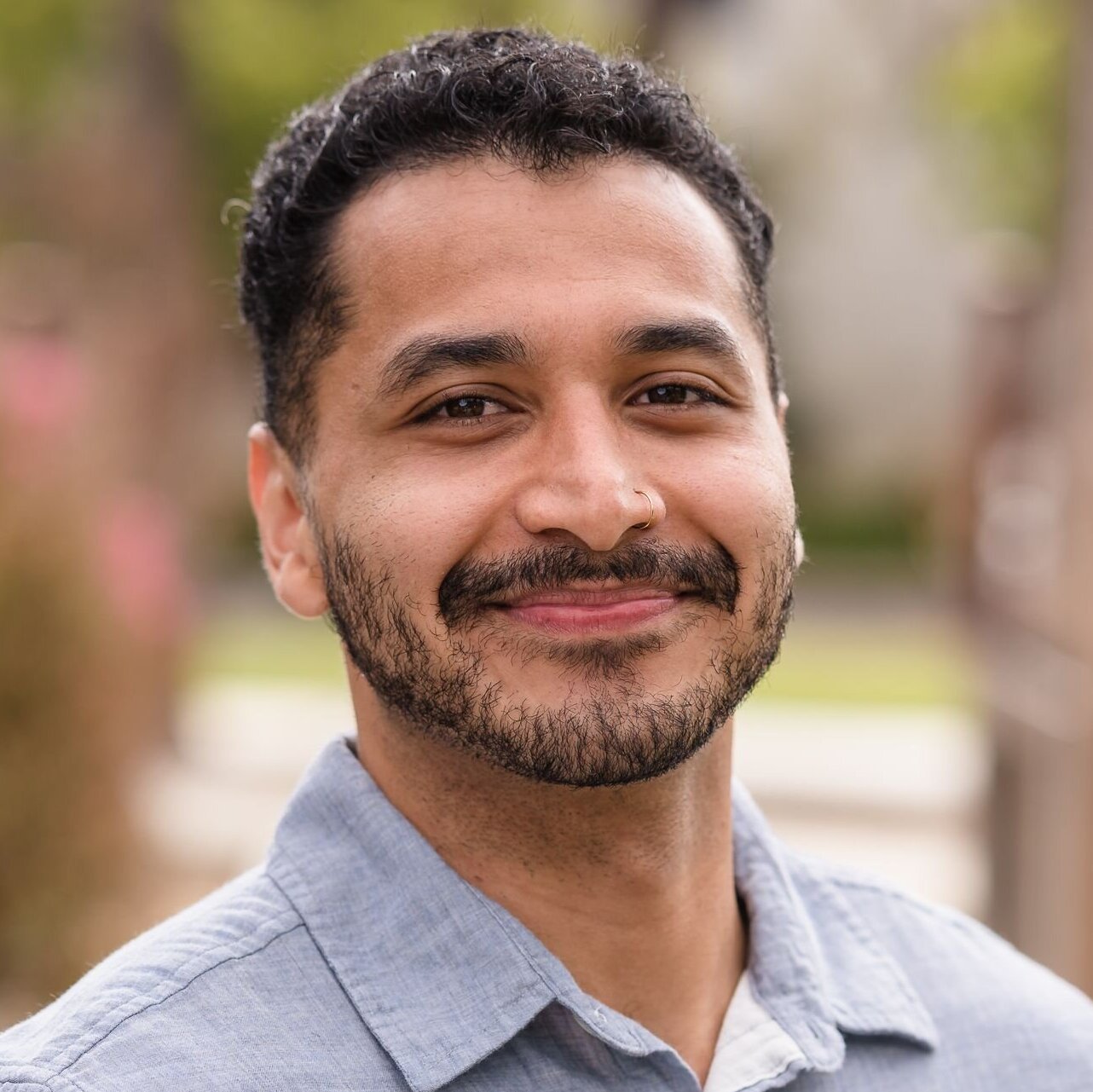City Council District One Candidate Questionnaire: Steven Estrada
7 minute read
What is your background and how does it inform your decision to run for election?
I am running because I have been directly impacted by the decisions of current Long Beach leadership, which has, for many years, placed corporate profits ahead of our traditionally working class and brown and black neighborhoods. These same neighborhoods, in recent years have experienced rents skyrocket, quality of living decline and poverty pass from one generation to the next. As a former Sergeant in the US military (having joined because I had no way to pay for college), I believe I have cultivated the leadership skills, the life experience, and the knowledge that we desperately need in City Council. My candidacy represents the local desire for a city government responsive to the economic, political and social needs of the people. I am running because we need a candidate that adequately represents the interests of working people and who is willing to take on the interests of big business which has impoverished so many of our collective communities.
According to the city’s latest Housing Element, the City Council could take up the issue of creating a rent stabilization ordinance next year. What are your thoughts on a citywide rent stabilization ordinance in Long Beach?
While rent stabilization would be an improvement to our current policy, I would favor instituting rent control.
Would you support the creation of a citywide rental data registry that would require landlords to report lengths of tenancies, rent amounts collected, and whenever they begin, alter, or end a tenancy?
Yes.
Tenants rights advocates across the country have called for a codified right to legal counsel for tenants facing eviction and have been successful in San Francisco and New York. Would you support a right to counsel ordinance in Long Beach?
Yes.
Is housing a human right?
Yes.
Tell us about an approach, policy, or program that has been successfully implemented in another city to reduce homelessness that you would like to introduce in Long Beach.
Increases in government owned and subsidized housing construction for low income families has shown to be an essential policy for ending homelessness across the world. Market forces are not incentivized to build units at or below market rates and the city government itself must take decisive steps to provide housing. A land value tax levied on large property holders will help fund these projects.
As part of a plan for all new buildings to have net-zero carbon emissions by 2030, the Los Angeles City Council is considering a proposal to bar all new commercial and residential construction projects from including gas line hookups in favor of all-electric appliances. Would you support a similar undertaking in Long Beach? Editors’ Note: Since the asking of this question, the Los Angeles City Council voted in favor of banning most gas appliances in new construction.
Yes.
A recently drafted city memo proposes to end oil drilling in Long Beach by 2035, when local oil fields will no longer be financially viable. Should the city end oil drilling operations before 2035?
Yes.
Have you taken campaign donations from the fossil fuel industry and, if so, do you plan to continue taking contributions from that sector?
No.
The Long Beach Police Department currently employs approximately 800 sworn police officers. Do you think the current number of sworn police officers should:
Decrease.
A city-hired consultant recently recommended changes to the Citizen Police Complaint Commission that would create an inspector general position to investigate the LBPD. However, the inspector general could only investigate police shootings, in-custody deaths, and complaints against command staff with the approval of the City Manager. Past commissioners and community members have argued that the CPCC’s current subordination to the City Manager has rendered it toothless. Would you be in favor of an Inspector General position with the unfettered authority to investigate officer misconduct and use-of-force?
Yes.
Please explain what changes, if any, you would like to see implemented to better hold LBPD officers accountable for misconduct and/or excessive force?
A re-haul of the Citizen’s Police Complaint Commission. A re-composition of membership that accurately portrays the Long Beach population, as well as the removal of undue influence from police associations. Restore final decision-making on investigations to the commission as well as more robust public coverage on their findings.
Long Beach has been working to implement an alternate crisis response (ACR) program that dispatches mental health professionals instead of police officers to calls for service related to mental health crises. Would you support expanding the criteria for the ACR to divert calls away from LBPD beyond mental health crises? If so, which types of calls for service?
I would. I believe in instances where no lives of our citizens are in danger, ACR officials can have the training and capacity to manage the situation. Property crimes and other miscellaneous issues not involving the use of violence towards individuals can all be sourced through ACR. Such an approach will help limit the impact of mass incarceration and reduce the city’s financial exposure to liability.
The city’s Technology and Innovation Commission recently issued a full-throated recommendation to put a citywide moratorium on the use of Facial Recognition Technology until privacy and civil rights safeguards are put in place. Do you agree with this recommendation?
Yes.
Have you taken campaign donations from the Long Beach Police Officers Association and, if so, do you plan to continue taking their contributions?
No.
According to county data, accidental overdose deaths have spiked over the pandemic, especially in Long Beach. Harm reduction has become a key public health intervention in preventing overdose deaths and cities like New York and San Francisco have opened safe consumption sites to address the problem. Should Long Beach open a safe consumption site?
No.
Several cities have decriminalized psilocybin mushrooms, otherwise known as ‘magic mushrooms,’ including Detroit, Santa Cruz, and Oakland. What are your thoughts on decriminalizing magic mushrooms in Long Beach?
While I believe drugs of all sorts devastate communities, poor and marginalized communities especially, I do not believe incarceration is a viable solution and only leads to the further destruction of families and neighborhoods. I support the decriminalization of psilocybin mushrooms but would also stress the importance and funding of drug and alcohol rehabilitation programs.
Long Beach’s minimum wage is currently $14 an hour for businesses with 25 or fewer employees and $15 an hour for all other businesses. Los Angeles’s minimum wage, which increases annually based on the Consumer Price Index, will rise to $16.04 in July. Should Long Beach adopt an annual minimum wage increase to keep pace with cost of living?
Yes.
Fare collections accounted for 12-15% of Long Beach Transit’s operating revenue pre-pandemic, totaling roughly $14.8 million. Should Long Beach consider investing more funds into LBT in order to transition it to a fare-free transit system?
Yes.
Seeing as councilmembers are only employed part-time, what would be your other area(s) of employment if elected?
I’m a legal assistant by trade. I would likely continue that practice.


 joe@forthe.org
joe@forthe.org @reporterkflores
@reporterkflores




